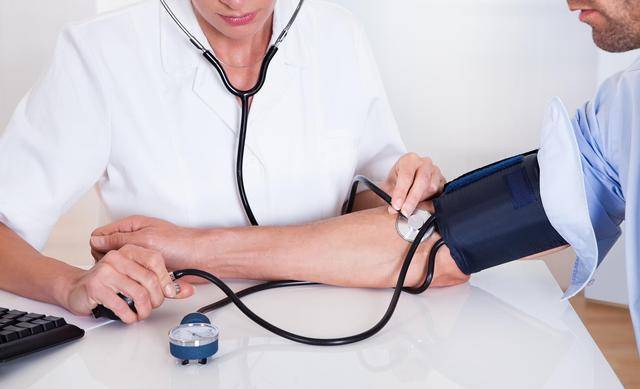It is important for elderly individuals to actively prevent high blood pressure, as hypertension is a chronic condition. Prolonged high blood pressure can damage blood vessels, leading to dysfunction in important organs. Therefore, it is essential to maintain stable blood pressure through the right methods. Some people believe that simply taking antihypertensive medication can solve high blood pressure, is this true?
For individuals with high blood pressure, solely taking antihypertensive medication is not enough. There are various types of antihypertensive drugs, and high blood pressure can be categorized into primary and secondary hypertension. Without appropriate medication based on the individual’s condition, the disease can still progress. Additionally, it is crucial to maintain good habits while taking medication, such as having a regular routine, engaging in proper physical exercise, adjusting diet, quitting smoking, and avoiding alcohol. Only when these precautions are followed, along with maintaining positive habits to regulate blood pressure, can the condition of hypertension be alleviated.
It is essential to use medication properly based on the type of hypertension.
1. Hypertension combined with diabetes
It is important to distinguish the specific type when controlling hypertension because most people not only have high blood pressure but also other ailments, especially hypertension combined with diabetes. In such cases, preventive measures for complications should be taken, along with appropriate strategies to reduce blood sugar, enhance pancreatic function to stabilize blood sugar. During the process of controlling hypertension, the use of angiotensin-converting enzyme inhibitors can improve hypertension and increase insulin sensitivity.
2. Hypertension combined with hyperuricemia
In cases where hypertension is combined with hyperuricemia, resulting in elevated uric acid levels, the risk of gout and kidney disease increases due to continuous development. Moreover, high blood pressure can also damage the kidneys. Therefore, it is not advisable to use diuretics to prevent increased kidney pressure. Optimal improvement can be achieved by using angiotensin receptor blockers and calcium channel blockers to regulate blood pressure effectively while also improving hyperuricemia.
3. Hypertension combined with hyperlipidemia
For individuals with hypertension combined with hyperlipidemia, α-blockers are commonly used for treatment to lower cholesterol levels and prevent blood thickening that aggravates hyperlipidemia. Furthermore, calcium channel blockers or angiotensin-converting enzyme inhibitors can aid in blood pressure regulation, facilitating quicker improvement in both conditions. Maintaining good habits is crucial, including regular physical exercise to promote calorie expenditure for weight control, and avoiding high-calorie foods during the dietary process to achieve the desired health outcomes.
4. Hypertension combined with heart disease
For individuals with hypertension accompanied by heart disease, prolonged high blood pressure can lead to atherosclerosis of the coronary arteries, potentially triggering coronary heart disease. Blockages in the blood vessels can narrow and impede normal blood circulation in the heart, leading to myocardial infarction after ischemia and hypoxia, which could further damage the heart. Utilizing β-blockers, calcium channel blockers, or angiotensin-converting enzyme inhibitors during blood pressure control can prevent heart damage while managing blood pressure. Many individuals use other antihypertensive drugs to maintain normal blood pressure, but this may lead to heart damage, as fast heartbeats are disadvantageous for improving heart conditions.


